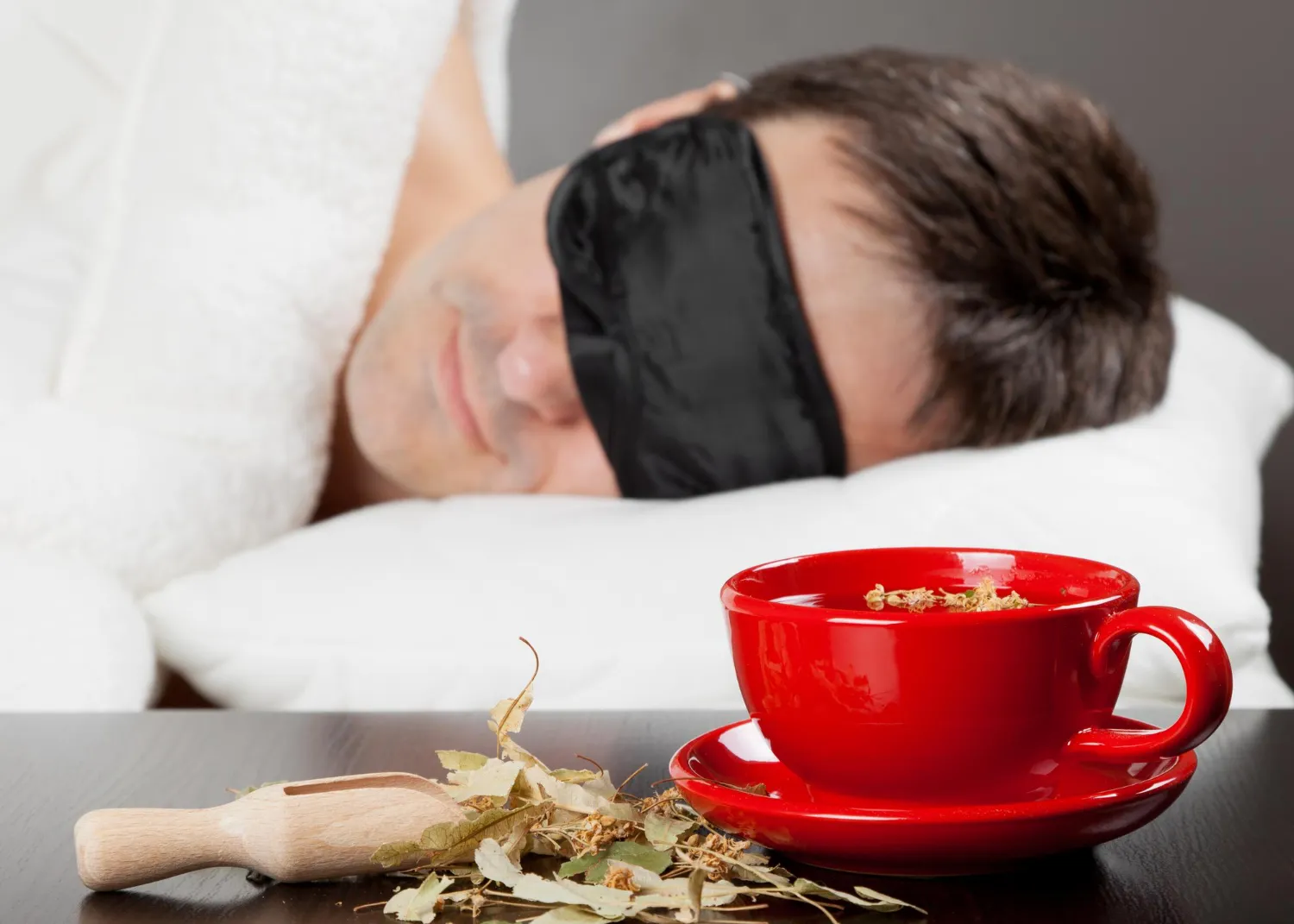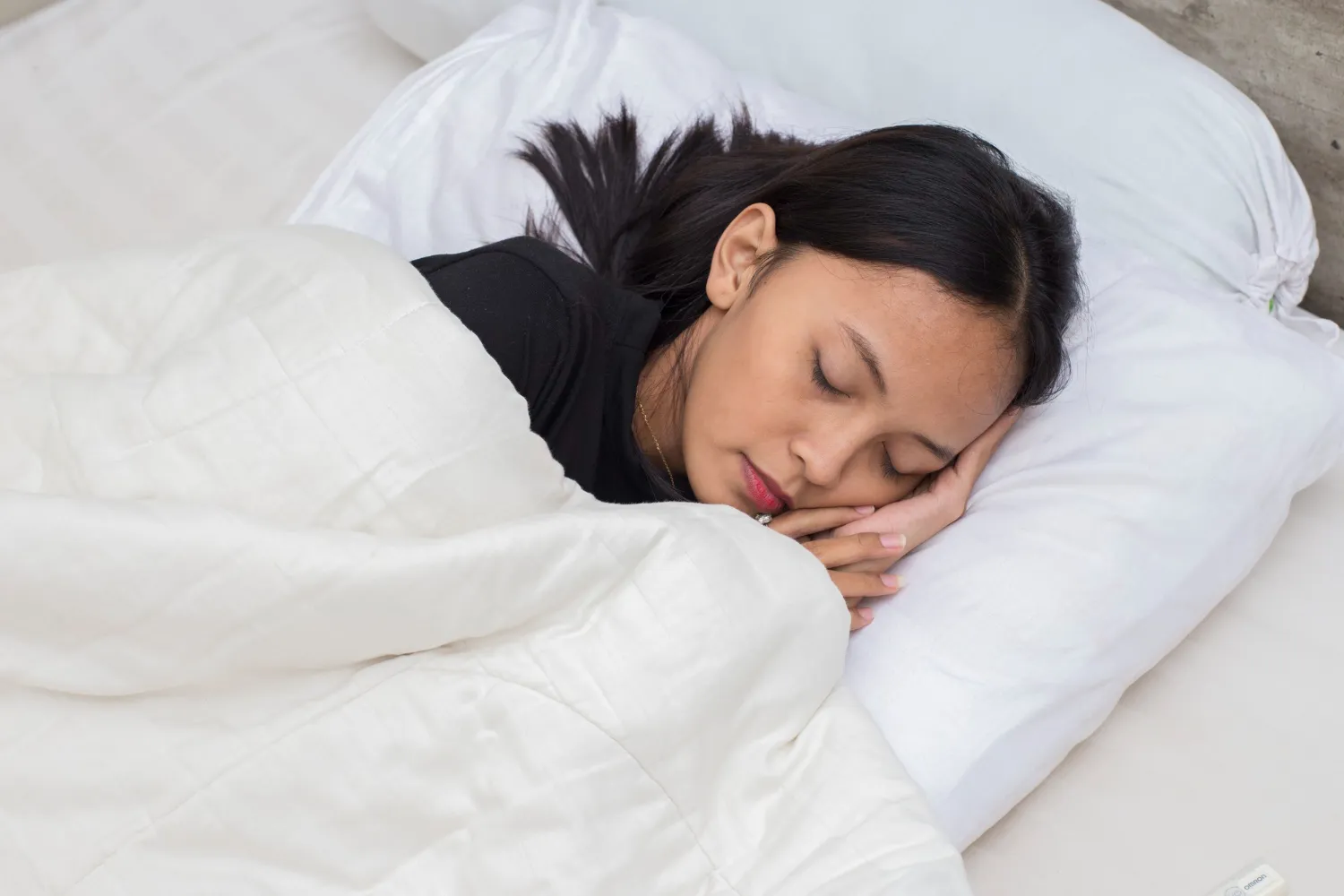Insomnia Causes and Effects on Daily Performance

Insomnia Causes and Effects – Are you constantly tossing and turning at night, watching the clock tick away while everyone else is peacefully sleeping? Trust me, I’ve been there. The frustration of insomnia is real, and its effects can ripple through every aspect of your life. In today’s fast-paced world, where productivity and performance are paramount, understanding the causes and effects of insomnia isn’t just important – it’s essential for maintaining your health and well-being. As someone who’s extensively researched sleep patterns and their impact on daily life, I’m here to share comprehensive insights that might help you regain control of your sleep schedule.
The Hidden Triggers Behind Your Sleepless Nights
Lifestyle Factors That Disrupt Your Sleep
Your daily habits play a crucial role in insomnia causes and effects. From my experience working with sleep specialists, I’ve learned that seemingly innocent choices can significantly impact your sleep quality. Here are some key factors:
- Caffeine Intake: That afternoon coffee you rely on might be the culprit behind your midnight awakening. Caffeine can stay in your system for up to 10 hours, meaning that 3 PM pick-me-up could be keeping you awake at 1 AM.
- Evening Exercise: Even your beloved evening workout routine could be disrupting your natural sleep cycle. While exercise is generally beneficial for sleep, intense physical activity too close to bedtime can elevate your body temperature and adrenaline levels, making it harder to wind down.
- Digital Device Usage: The blue light emitted from phones, tablets, and computers interferes with your body’s production of melatonin, the hormone responsible for regulating sleep-wake cycles. What might seem like harmless bedtime scrolling could be fundamentally altering your body’s natural sleep signals.
Psychological Factors: The Mind-Sleep Connection
Your mental state has a powerful influence on your sleep patterns. Stress, anxiety, and depression aren’t just daytime concerns – they follow you to bed. Here’s how they affect your sleep:
- Anxiety and Insomnia: Research shows that 80% of people experiencing anxiety report difficulty sleeping. The tricky part? It becomes a vicious cycle where insomnia causes anxiety, and anxiety causes more insomnia.
- Work-Related Stress: Whether you’re worried about an upcoming presentation or replaying a challenging conversation with a colleague, these thoughts tend to intensify when you’re trying to sleep. Your mind becomes a carousel of concerns, making it nearly impossible to achieve the mental quietude necessary for rest.
How Insomnia Affects Your Daily Performance
Physical Impact
The effects of insomnia extend far beyond feeling tired. Your body actually undergoes significant changes when you’re sleep-deprived. Here are some key impacts:
- Weakened Immune System: A weakened immune system is one of the first casualties of chronic sleep loss. When you don’t get enough rest, your body produces fewer cytokines, proteins that target infection and inflammation. This makes you more susceptible to common illnesses and increases recovery time when you do get sick.
- Impaired Reaction Times: Your physical reaction times also take a substantial hit. Studies have shown that sleep deprivation can impair your coordination and reflexes to a degree similar to alcohol intoxication. This doesn’t just affect athletes – it impacts everyday activities like driving or operating machinery at work.
- Diminished Physical Strength: Physical strength diminishes significantly with ongoing sleep deprivation. Your muscles don’t get the opportunity to repair and strengthen during rest, leading to decreased performance and increased risk of injury.
- Hormone Imbalance: Your body’s hormone regulation goes haywire, particularly affecting leptin and ghrelin – the hormones that control hunger and satiety. This disruption often leads to increased appetite and potential weight gain, as your body tries to compensate for low energy levels by craving high-calorie foods.
- Cardiovascular Strain: The cardiovascular system takes a particular hit from chronic insomnia. Your blood pressure regulation becomes compromised, and your heart has to work harder to maintain normal function. Over time, this increased strain can lead to higher risks of heart disease and other cardiovascular complications.

Cognitive Function and Productivity
Let’s talk about your brain on insomnia. The impact on cognitive function is both immediate and profound. Here are some key effects:
- Impaired Decision-Making: Sleep deprivation significantly impairs your judgment. You might find yourself making errors in simple calculations or struggling with basic problem-solving tasks that you’d normally handle with ease.
- Reduced Creativity: Creativity takes a massive hit when you’re sleep-deprived. Your brain’s ability to make novel connections and think outside the box becomes severely limited. This affects not just artistic pursuits but also your capacity to develop innovative solutions to workplace challenges or daily problems.
- Memory Problems: Memory problems become increasingly apparent with ongoing sleep loss. Both short-term and long-term memory formation are compromised. You might find yourself forgetting important details from meetings, struggling to remember names, or having difficulty recalling recent events. This is because sleep plays a crucial role in memory consolidation – the process of transferring short-term memories into long-term storage.
- Slowed Information Processing: Information processing slows down significantly when you’re running on insufficient sleep. Tasks that usually take minutes might stretch into hours as your brain struggles to maintain focus and comprehend complex information. This decreased efficiency can lead to a backlog of work and increased stress levels, further perpetuating the cycle of sleeplessness.
Natural Solutions for Better Sleep
Dietary Adjustments
Your dietary choices can significantly impact your sleep quality. Here are some natural sleep aids:
- Herbal Teas: Herbal teas with chamomile or valerian root have been used for centuries as natural sleep aids. Chamomile contains apigenin, an antioxidant that binds to certain receptors in your brain that may promote sleepiness and reduce insomnia. Valerian root, on the other hand, has been shown to increase the amount of gamma aminobutyric acid (GABA) in your brain, a compound that helps regulate nerve impulses.
- Magnesium Supplements: Magnesium supplements help activate mechanisms that quiet the nervous system. This mineral plays a crucial role in regulating neurotransmitters directly responsible for calming the mind and body.
- Magnesium-Rich Foods: Foods like dark leafy greens, nuts, seeds, and whole grains not only provide this essential mineral but also contain other nutrients that support overall sleep health. The combination of these nutrients works synergistically to promote better sleep quality.
- Tryptophan-Containing Foods: Tryptophan-containing foods are particularly valuable for sleep promotion. This amino acid is a precursor to serotonin and melatonin, both crucial for healthy sleep patterns. Foods rich in tryptophan include turkey, eggs, cheese, nuts, seeds, fish, and whole grains. Combining these foods with complex carbohydrates can help make tryptophan more available to your brain.
Related Article About Insomnia causes and effects: The Health Uses and Great Benefits of Chamomile and Roselle

Creating the Perfect Sleep Environment
Your bedroom should be your sleep sanctuary, and creating the optimal environment is crucial for quality rest. Here are some tips:
- Temperature Control: Keeping your bedroom between 60-67°F (15-19°C) promotes the best sleep. This temperature range helps facilitate the natural drop in body temperature that occurs as part of your sleep cycle.
- Blackout Curtains: The use of blackout curtains can significantly improve sleep quality by blocking out artificial light pollution that might disrupt your natural circadian rhythm. Even small amounts of light can interfere with melatonin production, so creating complete darkness can help regulate your sleep-wake cycle more effectively.
- Comfortable Sleep Surface: Investing in a comfortable mattress and pillows that properly support your body can prevent physical discomfort that might wake you during the night. The right mattress should maintain proper spinal alignment while being comfortable enough to prevent pressure points from developing.
- Device-Free Bedroom: The presence of electronic devices in your bedroom can severely impact sleep quality. The blue light emitted from these devices suppresses melatonin production, but it’s not just the light that’s problematic. The psychological association of phones and tablets with activity and engagement can keep your mind alert when it should be winding down. Creating a device-free bedroom helps signal to your brain that this space is solely for rest and relaxation.
The Role of Natural Sleep Aids
In recent years, there’s been a significant shift toward natural sleep solutions, particularly in the form of instant drink powders. These convenient alternatives often contain a carefully formulated blend of sleep-promoting ingredients that work together synergistically. Here are some key components:
- Magnesium: A crucial mineral for sleep regulation, magnesium helps relax muscles and calm the nervous system.
- L-Theanine: Commonly found in green tea, L-theanine promotes relaxation without drowsiness by increasing the production of calming brain waves.
- GABA Supplements: GABA (Gamma-Aminobutyric Acid) supplements can help reduce neural activity, making it easier to fall asleep.
- Natural Herbs: Herbs like chamomile, valerian root, and passionflower have been used traditionally for their sleep-promoting properties. These herbs work through various mechanisms to help calm the mind and prepare the body for rest.
- Melatonin Precursors: Rather than directly supplementing with melatonin, these precursors help your body produce its own melatonin more effectively, potentially leading to more sustainable improvements in sleep quality. This approach often results in more natural sleep patterns without the grogginess sometimes associated with direct melatonin supplementation.
Tips for Long-term Sleep Management
Establishing a Sleep Routine
Creating a consistent sleep schedule helps regulate your body’s internal clock, making it easier to fall asleep and wake up naturally. Here are some tips:
- Consistent Sleep Schedule: Going to bed and waking up at the same time daily, even on weekends, helps strengthen your circadian rhythm. This consistency sends clear signals to your body about when it should be alert and when it should prepare for rest.
- Relaxing Bedtime Ritual: Developing a relaxing bedtime ritual is equally important. This might include activities like reading a book, practicing gentle yoga, or taking a warm bath. The key is to choose activities that help you unwind and signal to your body that it’s time to prepare for sleep. These rituals become powerful sleep cues over time, helping your mind and body transition more smoothly into sleep mode.
- Avoid Screens Before Bed: The blue light emitted by electronic devices disrupts your natural melatonin production, making it harder to fall asleep. Instead of scrolling through social media or watching videos, try engaging in offline activities that promote relaxation.
- Gentle Evening Stretches: Gentle evening stretches can help release physical tension accumulated throughout the day. Focus on gentle, relaxing movements rather than vigorous exercise. Simple stretches for your neck, shoulders, and back can help release muscle tension and prepare your body for rest.

Stress Management Techniques
Managing stress is crucial for combating insomnia, and there are several effective techniques you can employ. Here are some tips:
- Regular Meditation: Regular meditation practice has been shown to reduce anxiety and improve sleep quality. Even just 10 minutes of daily meditation can help calm your mind and reduce the racing thoughts that often prevent sleep.
- Deep Breathing Exercises: Deep breathing exercises are particularly effective for activating your body’s relaxation response. The 4-7-8 breathing technique, where you inhale for 4 counts, hold for 7, and exhale for 8, can help reduce anxiety and prepare your body for sleep.
- Journaling Before Bed: Journaling before bed serves as a powerful tool for processing daily thoughts and concerns. Writing down your worries, achievements, and plans for tomorrow can help clear your mind and reduce nighttime rumination. This practice can be particularly helpful if you find yourself lying awake thinking about tomorrow’s tasks or unresolved issues from the day.
- Progressive Muscle Relaxation: Progressive muscle relaxation is another effective technique for reducing physical tension and promoting sleep. This practice involves systematically tensing and releasing different muscle groups throughout your body, helping you identify and release physical tension you might not even realize you’re holding.
Frequently Asked Questions
Q: Can insomnia cause permanent damage to health?
A: While insomnia itself doesn’t cause permanent damage, chronic sleep deprivation can lead to serious health issues if left untreated. Long-term sleep deprivation has been linked to increased risks of cardiovascular disease, diabetes, obesity, and mental health disorders. However, these effects can typically be reversed or improved once healthy sleep patterns are restored through appropriate treatment and lifestyle changes.
Q: How many hours of sleep loss is considered insomnia?
A: Insomnia is typically diagnosed when you regularly have difficulty falling asleep, staying asleep, or both, resulting in less than 6-7 hours of sleep per night for at least three nights per week. However, it’s important to note that the quality of sleep is just as important as the quantity. If you’re spending adequate time in bed but still feeling unrested, this could also indicate insomnia, even if you’re technically getting enough hours.
Q: What’s the fastest way to cure insomnia?
A: There’s no instant cure for insomnia, but combining good sleep hygiene, stress management, and natural sleep aids can help improve sleep quality relatively quickly. The most effective approach typically involves addressing the root causes of your sleep issues while implementing multiple strategies simultaneously. This might include establishing a consistent sleep schedule, creating a relaxing bedtime routine, managing stress through relaxation techniques, and possibly incorporating natural sleep aids under professional guidance.
Q: Can certain foods help with insomnia?
A: Yes, foods rich in tryptophan, magnesium, and complex carbohydrates can help promote better sleep. Natural sleep-promoting beverages can also be particularly effective. The key is timing these foods properly – ideally consuming them 2-3 hours before bedtime – and combining them in ways that maximize their sleep-promoting properties. For example, pairing tryptophan-rich foods with complex carbohydrates can help make the tryptophan more available to your brain.
Q: Is it better to stay in bed with insomnia?
A: No, if you can’t sleep after 20 minutes, it’s better to get up and do a calming activity until you feel sleepy, rather than tossing and turning in bed. Staying in bed while awake can create an association between your bed and wakefulness, potentially making insomnia worse over time. Instead, engage in quiet, relaxing activities in dim light until you feel drowsy, then return to bed.
Ready to Take Action?
Don’t let insomnia control your life any longer. If you’re looking to develop your own sleep-promoting beverage product, consider partnering with a trusted manufacturer. Putra Farma Yogyakarta specializes in premium instant powder drink manufacturing, offering comprehensive services including jasa maklon minuman, pabrik maklon minuman, jasa mixing produk, and jasa packaging produk. With their expertise in creating high-quality beverage solutions, you can develop your own line of sleep-promoting drinks that could help thousands of others struggling with insomnia.

Take the first step toward better sleep – and potentially a successful business venture – by reaching out to Putra Farma Yogyakarta today. Together, we can create solutions that help people achieve the restful sleep they deserve. Whether you’re an entrepreneur looking to enter the sleep aid market or a business owner wanting to expand your product line, their expertise in beverage manufacturing can help turn your vision into reality.
Tag: Insomnia Causes and Effects



